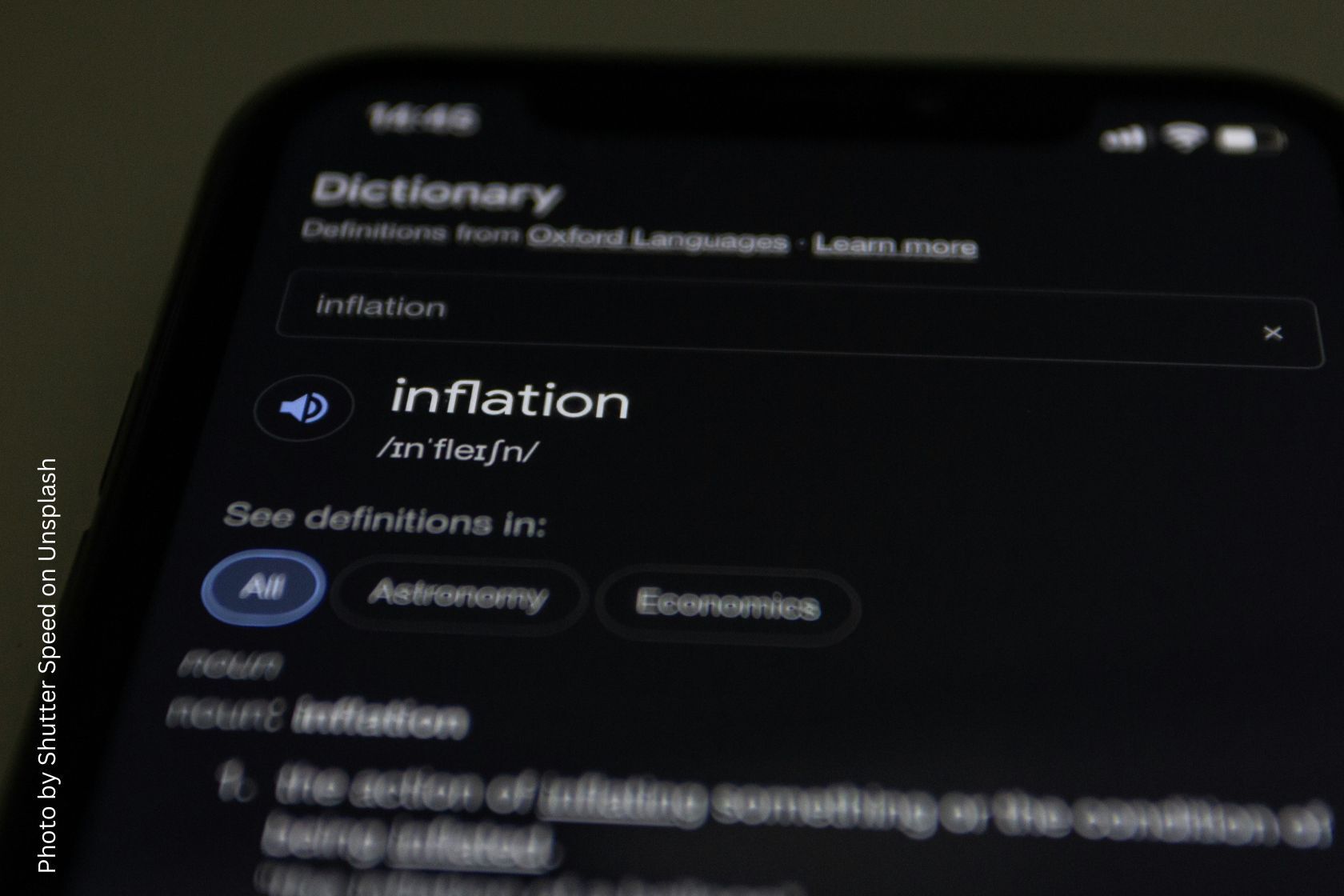Some lessons from the ongoing war
Many have turned into war experts today. I am definitely not the one. I have always tried to focus on business fundamentals. I hope and pray that the war ends as soon as possible.
In terms of its implications on investing, I see at least two interim conclusions:
- Hold enough cash in your portfolio to cover your annual expenses, maybe even two years of regular expenses. Many problems arise not because stocks decline but because you cannot handle this decline due to hidden leverage (e.g. high mortgage payments) or reliance on regular dividends in your daily life. In the long-term, stocks recover, but you should be in a position to hold on. It is also crucial for those living in emerging markets to keep cash in US dollars (maybe Yuan in 30-50 years), but not in your local currency. The critical difference of EMs is that they have a much smaller role in the global economy and, consequently, the global financial system. Hence, their finances are much more vulnerable.
- Essential to consider a broader range of potential outcomes when making plans and assessing the future. Crazy things do happen, unfortunately. Nassim Taleb’s concept of Black Swans is not to be ignored.
I would also like to remind you of the geometric mean, which is a more important concept in investing than the arithmetic mean. The ultimate result of your investment process is the product (multiplication) of individual results, not its sum. Hence, if you have zero return in one outcome, it destroys your portfolio. I have written about it in more detail in this earlier post.
Inflation

Expectations of higher inflation have become the consensus view. Many pundits bring in the 1970s stagflation. It was also my view 6-12 months back and one of the reasons why I purchased Glencore and continue to hold Altria. However, I would like to caution from chasing commodity producers now. Rising energy prices are a tax on consumers, while logistical and other issues related to sanctions on Russia increase other risks for the global economy. If there is a general economic slowdown, this could actually be deflationary.
Besides, the world has plenty of commodities; what has been lacking until recently are investments. It may be that rising share prices of commodity producers reflect expectations of higher commodity prices in the future, while actual growth in CAPEX could increase supply at a time when demand starts cooling off.
This is not a call to dump your energy holdings if you happen to own them (I plan to continue holding my Glencore and some others such as NOV, CNX and ET), but rather a word of caution of not placing big bets on commodities now. If anything, great consumer brands have the best pricing power and are the best hedges against inflation if purchased at reasonable prices. Luckily, there are more exciting opportunities emerging now.
New opportunities (Watchlist)
Many exciting businesses are now available at more reasonable prices - for example, PYPL, EPAM, ERF (Eurofins), W, TJX and even NFLX. I plan to research those ideas as well as other businesses that are getting cheaper in the future. The two critical questions I try to answer are: A. What price am I paying for the business (using normalised earnings/cashflows); and B. How much the recent decline in price is due to a permanent impairment of the business versus a temporary issue (e.g. seasonally weak quarterly earnings)?
Buffett’s letter
Finally, in case you missed it, I highly recommend reading the latest shareholder letter of Warren Buffett. He discusses many vital points about the Berkshire Hathaway business as well as general concepts of life and investing. Speaking of inflation, Buffett has highlighted the defensive nature of the insurance business, which is at the heart of Berkshire:
“The insurance business is made to order for Berkshire. The product will never be obsolete, and sales volume will generally increase along with both economic growth and inflation.”
Buffett has also reiterated the three ways his company creates shareholder value:
“The first is always front and centre in our minds: Increase the long-term earning power of Berkshire’s controlled businesses through internal growth or by making acquisitions…Our second choice is to buy non-controlling part-interests in the many good or great businesses that are publicly traded. From time to time, such possibilities are both numerous and blatantly attractive. Today, though, we find little that excites us…Our final path to value creation is to repurchase Berkshire shares. Through that simple act, we increase your share of the many controlled and non-controlled businesses Berkshire owns. When the price/value equation is right, this path is the easiest and most certain way for us to increase your wealth.”
Not surprisingly, Buffett has also explained why Berkshire sits on more cash pile than he would like to. He referred to low interest rates that pushed the value of all productive assets upward. He goes on:
"I always kept at least 80% of my net worth in equities. My favoured status throughout that period was 100% – and still is. Berkshire’s current 80%-or-so position in businesses is a consequence of my failure to find entire companies or small portions thereof (that is, marketable stocks) which meet our criteria for long-term holding.”
“Charlie and I have endured similar cash-heavy positions from time to time in the past. These periods are never pleasant; they are also never permanent.”
There are many more important thoughts in the letter.
To conclude, Berkshire Hathaway remains my largest position, not least because of its defensive nature (relatively high cash position) and a good hedge against inflation (due to large energy and railroad businesses, insurance operations, a strong portfolio of brands, and unique capital allocation skills of Buffett, Munger and their team).
Final thoughts
As a final thought, I would like to share one concept from stoics that often helps me keep things in perspective and remain focused: It is essential to focus on things that you can control and accept things that you cannot change. You have control over your thoughts and your actions.
Being close to your loved ones and helping those in need are the two actions we can all take today.
Did you find this article useful? If you want to read my next article right when it comes out, please subscribe to my email list.



